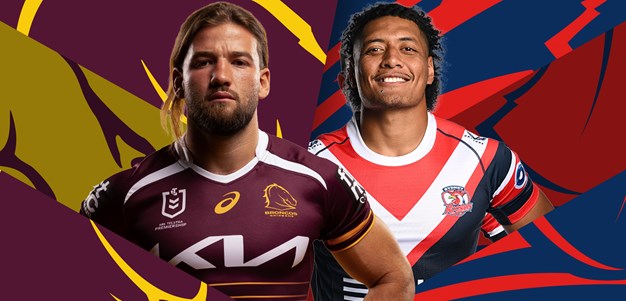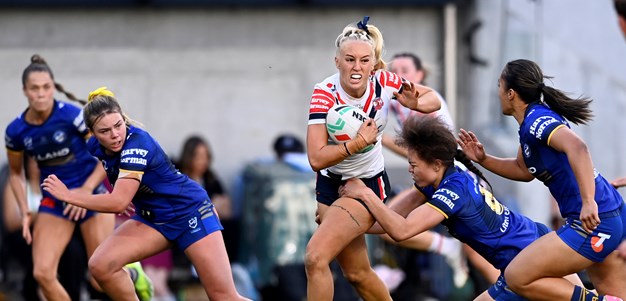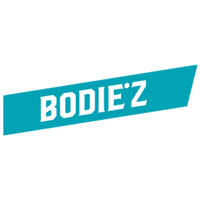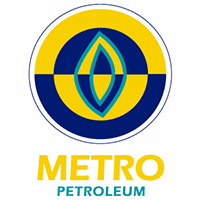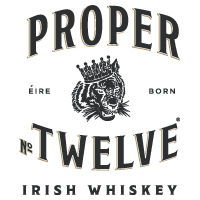For Olivia Kernick, selection in the annual All Stars match isn't just another representative notch on her belt - it's an opportunity to proudly play for both sides of her family.
With Māori ancestry on her mother’s side and her father’s heritage tracing to the Wiradjuri people of central New South Wales, the decision of which side to play for became too hard to choose.
So eventually, she let fate decide.
“Mum and dad asked who I would play for last year,” Kernick explained.
“My mum’s Māori and dad is Aboriginal on his side – so if it came down to my decision, it felt like I would be choosing one side of my family over the other. So I’ve always just decided that whoever asks first is who I’ll play for.
"I love the opportunity and I’m so proud to play in this game, and it’s so important for my family.
“It’s by far my favourite game of the year.”

Having represented the Indigenous All Stars in 2021, a chance run-in with Māori head coach Keith Hanley during last year's camp saw the Central Coast resident make the switch.
But for the proud Ngapuhi and Tapuika woman, she is using this opportunity to embrace and learn more about her maternal heritage – one she feels was somewhat disconnected throughout her youth.
“I grew up going through primary school and learning about my Aboriginal heritage – not so much my Māori heritage,” she said.
“I was involved in dance groups when I was younger called Kapa Haka, but I kind of lost touch with that. Mum’s been here in Australia for so long as well, so I feel like I wasn’t as involved with my Māori side.
“It’s been different compared to last year, but going onto the other side, it has its differences and similarities. This year in the Māori All Stars there’s a big emphasis on language.
“I’ve grown up with a little bit of the Māori language around me. When I go back home to New Zealand my aunties definitely spoke it, and it was always spoken at weddings and funerals.
“Growing up it was a lot different, so having both of these cultures in my life and now going into camp and learning about them is so special.
“It's reconnected me to myself and my family.”
Kernick won’t be the only Rooster on Saturday night when she takes the field alongside teammates Corban Baxter, Zahara Temara and Mya Hill-Moana, while young front rower Keilee Joseph lines up for the Indigenous All Stars.
Her biggest challenge yet might just be taking on her former teammates from last year, which has found her at the centre of attention.
But for the passionate forward, the banter and talk between the two sides is all in good fun.
“It’s so nice having some familiar faces,” said Kernick.
This game doesn’t just represent our culture, it represents overcoming the hardships that our people have gone through. Now we get to play a match to showcase our talent – that’s why this game means so much more.
Olivia Kernick On the importance of the All Stars game
“I know of a few other girls who I’ve played against, but it’s nice having them around. Having Corbs and Zahara on the field helping with the game plan and guiding us around is great.
“I was sort of nervous coming into camp. Last year I played against them and now this year I’m playing with them. It was definitely nerve-wracking.
“But they’ve really made me feel at home – that’s what I love about this group of girls; they’re so lovely and the same goes for the Indigenous girls.
“All the girls are understanding, but there’s still a lot of banter. I cop a fair bit but it’s funny.”

With a band of support from all corners of the country coming down to Commbank Stadium on Saturday night from both ends of the family, Kernick is not only intent on instilling a sense of self-pride, but using the knowledge gained through the week to inspire and educate those around her.
“It’s my first Haka so to have them there is exciting,” she beamed.
“This game doesn’t just represent our culture, it represents overcoming the hardships that our people have gone through. Now we get to play a match to showcase our talent – that’s why this game means so much more.
“It’s about teaching people how much it means to someone with that culture and how important it is to represent their people and those who have come before them.
“I love representing my culture and I hope to do this in the coming years. And having mum there, I think it will be extra special.”


